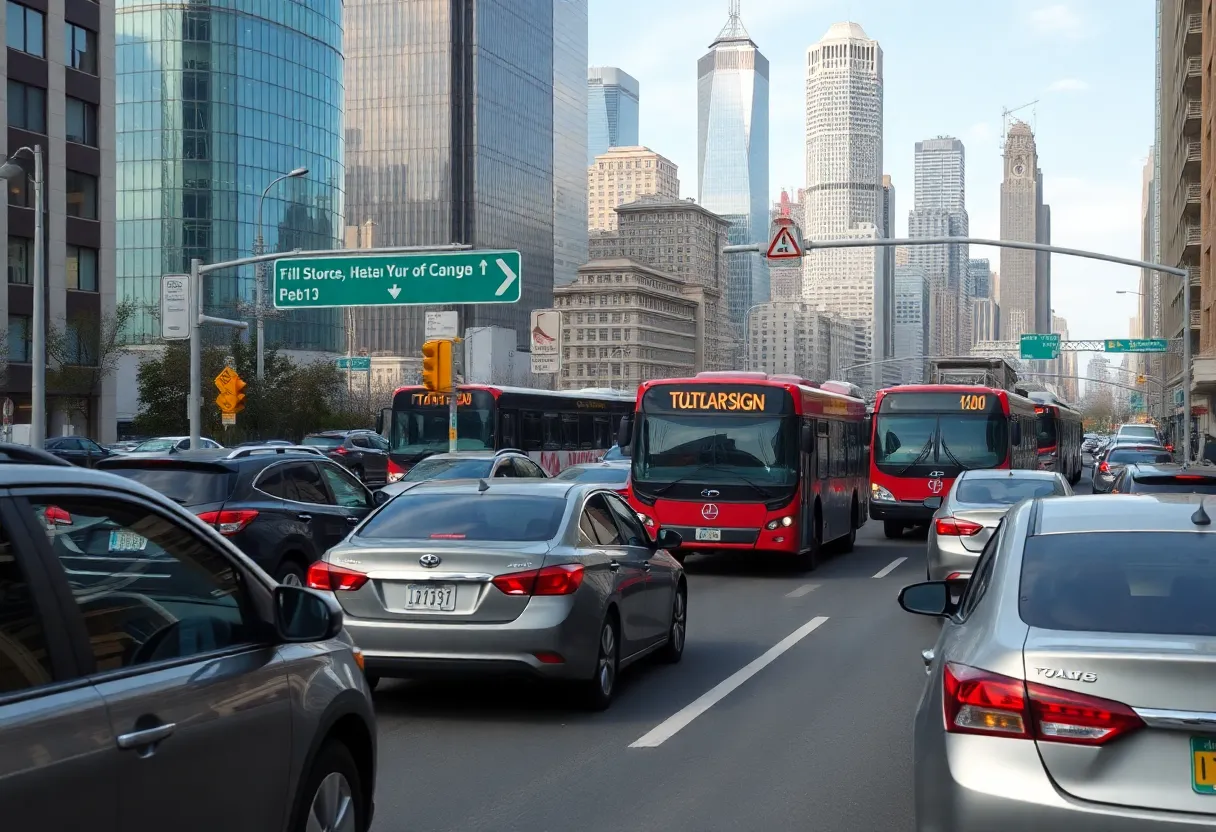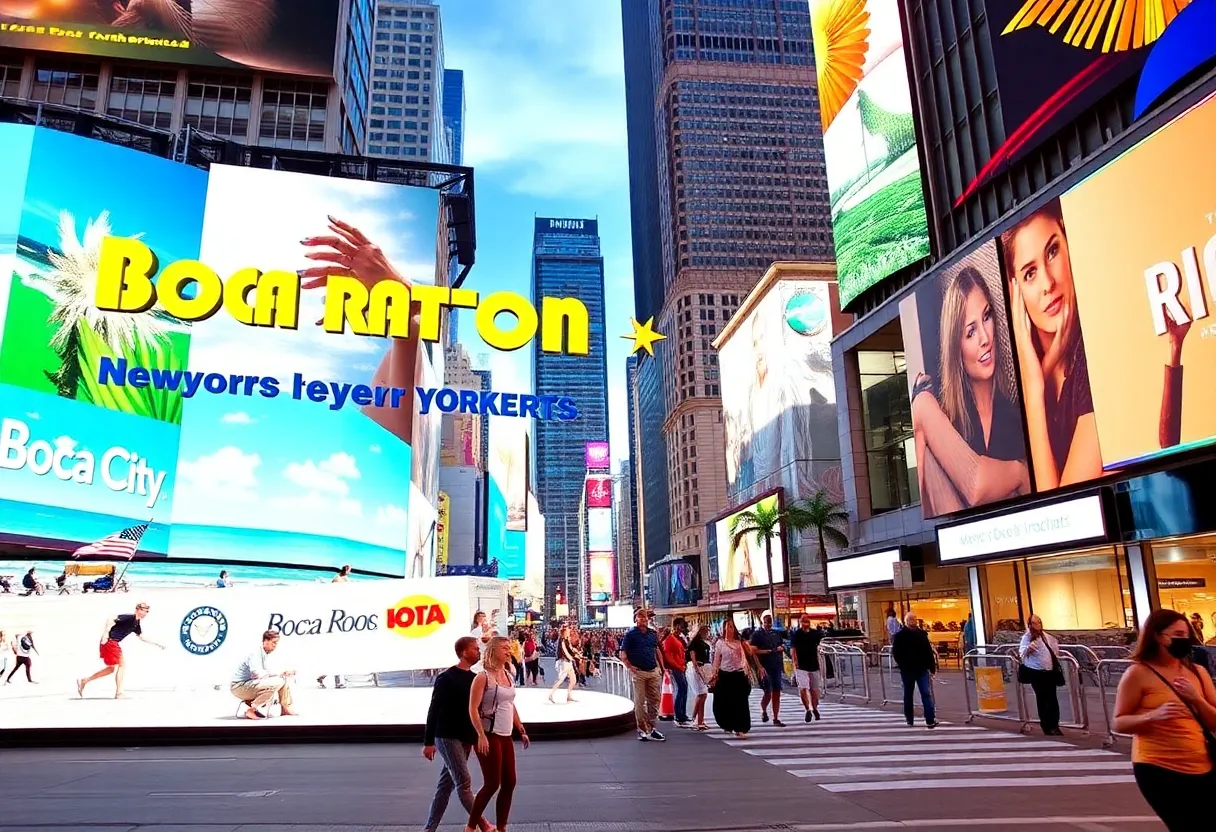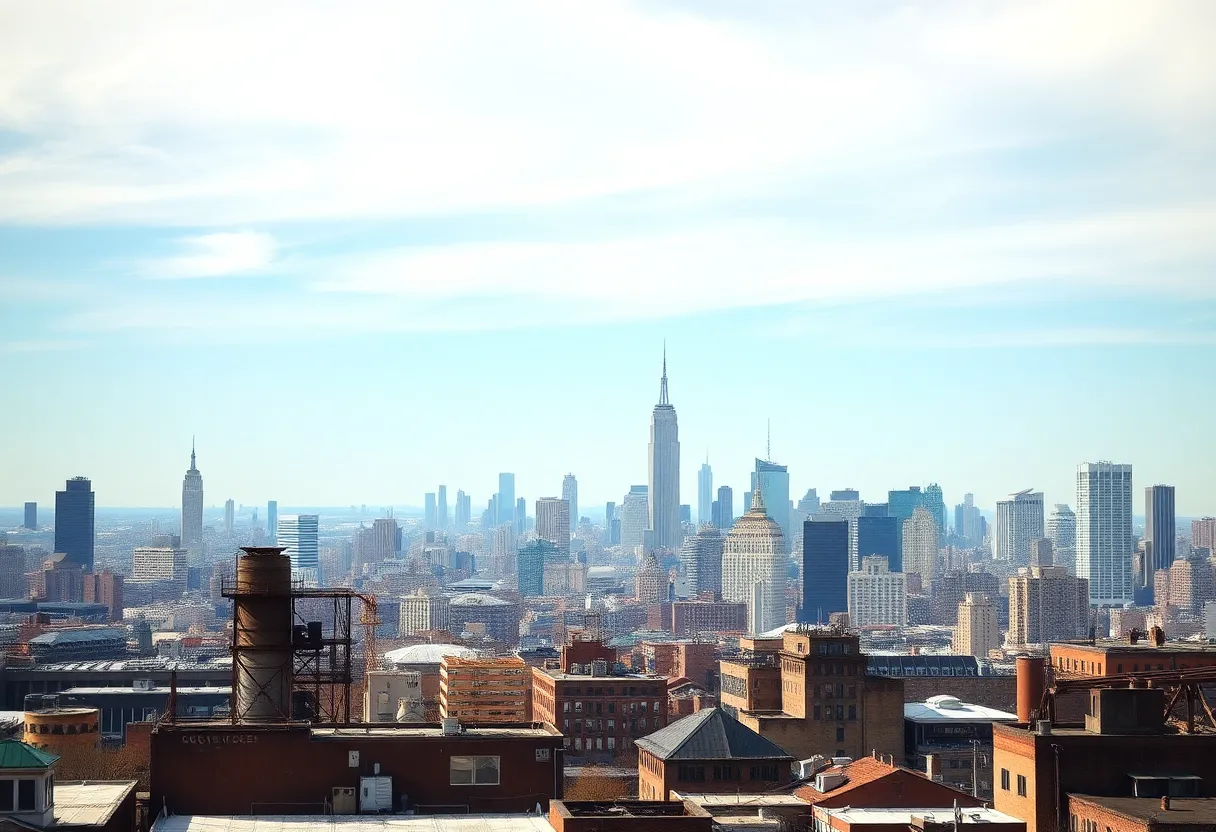News Summary
New York City’s congestion pricing toll has raised $215.7 million in just four months since its launch. Targeting drivers entering Manhattan during peak hours, the initiative aims to reduce traffic and secure funds for public transit improvements. However, the toll faces federal legal challenges, with the U.S. Department of Transportation prohibited from retaliating against the Metropolitan Transportation Authority. Public opinion remains divided on the program’s efficacy in managing urban congestion and its impact on lower-income residents.
New York City has generated $215.7 million from its new congestion pricing toll in just four months since its launch on January 5, 2023. The toll, which primarily impacts motorists entering Manhattan south of 60th Street during peak hours, primarily charges drivers $9 for entry into the designated congestion zone. This income is close to the Metropolitan Transportation Authority’s (MTA) budgeted estimate of $217 million for the four-month period and is anticipated to generate $500 million for the entire year after expenses.
Despite this financial success, the program faces ongoing federal legal challenges. Following a temporary restraining order issued by a federal judge, the U.S. Department of Transportation is prohibited from taking retaliatory actions against the MTA regarding the congestion pricing toll. This legal ruling has shifted the balance of power, diminishing the leverage previously held by the Trump administration to halt the program.
The Federal Highway Administration had warned the MTA that it would need to cease the congestion pricing initiative by May 28, 2023, or risk losing funding for city and state highway projects. However, Judge Lewis Liman, who presided over the recent court hearing, raised doubts about the arguments made by the federal government, highlighting potential flaws in the stance taken by their legal representatives.
During the same court session, the MTA’s attorney argued that the federal government does not have the authority to withdraw approval for the program, citing its foundational agreement with New York State. President Trump had previously pledged to eliminate the congestion pricing program during his presidency, while current U.S. Transportation Secretary Sean Duffy publicly opposes the tolls, asserting that they negatively affect low-income and working-class individuals. Duffy has threatened to revoke funding approvals if the MTA refuses to terminate the toll.
Legal disputes between the MTA and the Trump administration may continue into fall 2023, although Judge Liman has suggested expediting the timeline for evidence submission to facilitate a faster resolution.
Supporters of the congestion pricing initiative assert that it aims to decrease traffic, lower emissions, and raise essential funds for much-needed renovations to the mass transit system. Early results show promising outcomes, with the toll leading to a significant reduction in cars entering Manhattan’s central business district—nearly 1.2 million fewer vehicles than originally projected.
Public opinion on the congestion pricing program is divided. A recent survey conducted by Siena College revealed that 41% of registered voters are in favor of eliminating the toll, while a slightly smaller group, 39%, supports its continuation. This mixed sentiment reflects the ongoing debate surrounding traffic management and urban planning in New York City.
As the congestion pricing toll continues its rollout, the MTA appears committed to defending the program against federal challenges, emphasizing its potential benefits for the city’s transit infrastructure and environmental efforts.
Deeper Dive: News & Info About This Topic
- Bloomberg: NYC Congestion Toll Earnings
- Wikipedia: Traffic Congestion
- New York Times: NYC Congestion Pricing and Trump
- Google Search: NYC Congestion Pricing
- Gothamist: MTA Court Win on Congestion Pricing
- Google Scholar: NYC Congestion Pricing
- Washington Post: Congestion Pricing and Trump
- Encyclopedia Britannica: Congestion Pricing
- News 12 Brooklyn: Judge Rules on Congestion Pricing
- Google News: NYC Congestion Pricing Court Case








